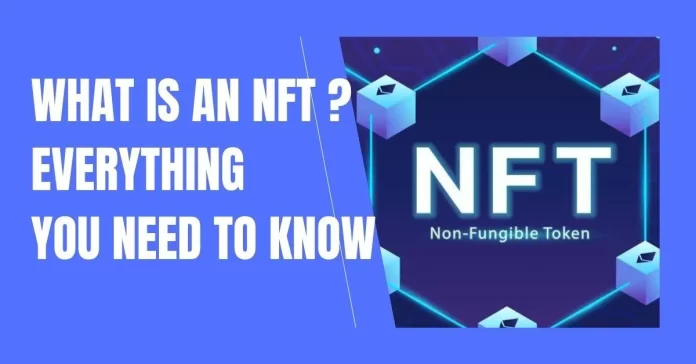Table of Contents
Non-fungible tokens (NFTs) have emerged as a powerful force, revolutionizing our understanding and interaction with digital assets. However, as NFTs continue to surge in popularity, trademark law and intellectual property issues are taking center stage.
Trademarks are a crucial business component, and the same applies to NFTs. By leveraging trademarks, businesses can protect their unique creations and gain a competitive advantage in the market.
This article will delve deep into nft trademarks, providing everything you need to know about this emerging field and how a lawyer can help.
What are NFTs?
NFTs are unique digital assets stored on a blockchain, most commonly associated with the Ethereum network. They have been widely used to authenticate digital goods’ ownership, from digital art to virtual real estate and tweets. Unlike cryptocurrencies like Bitcoin or Ethereum, NFTs are not interchangeable; each is distinct and carries its own information.
NFTs and Trademarks
Trademarks are legal tools to safeguard brands and facilitate the differentiation of goods or services in the marketplace. They encompass various elements, including names, words, phrases, symbols, designs, or combinations. In the context of NFTs, trademarks play a crucial role in safeguarding the brand or identity of a specific digital asset.
The short answer is yes. NFTs are indeed capable of trademark registration. Nevertheless, the process is a complex one. According to the Trademark Act, individual works cannot be granted trademarks. As a result, artists or creators seeking to safeguard their work should contemplate crafting a series or collection of NFTs that a single trademark can encompass.
With the proliferation of NFT trademarks, infringements have also surfaced. This highlights the critical need for creators and investors to understand trademark laws before creating or purchasing NFTs.
Trademarks in the Metaverse
The rise of the metaverse has also opened up new avenues for trademark protection. Many of these virtual experiences or goods are authenticated as NFTs, adding another layer of complexity to the mix.
However, filing a trademark application exclusively for NFTs is not permissible. As per the European Union Intellectual Property Office, the application must specify the type of digital item authenticated by the NFT.
Navigating the Complexities of NFT Trademarks
Navigating the complexities of NFT trademarks can be challenging. By acquiring a comprehensive grasp of the fundamentals and seeking reliable legal counsel, creators, and investors can safeguard their digital assets proficiently. It is vital to remember that even though NFT trademarks are a new concept, they are still bound by the same rules and regulations as traditional trademarks in the physical world.
Everything You Need To Know About NFT Trademarks- In Conclusion
The intersection of NFTs and trademarks is a rapidly evolving area. As such, staying informed and seeking professional guidance from a lawyer can help navigate this complex landscape.
Businesses, especially those dealing with nft trademarks, should consider hiring a lawyer to provide legal support and advice throughout the life cycle of their business. From trademark registration to infringement claims, having an experienced lawyer can help ensure your digital assets are safe and secure.




